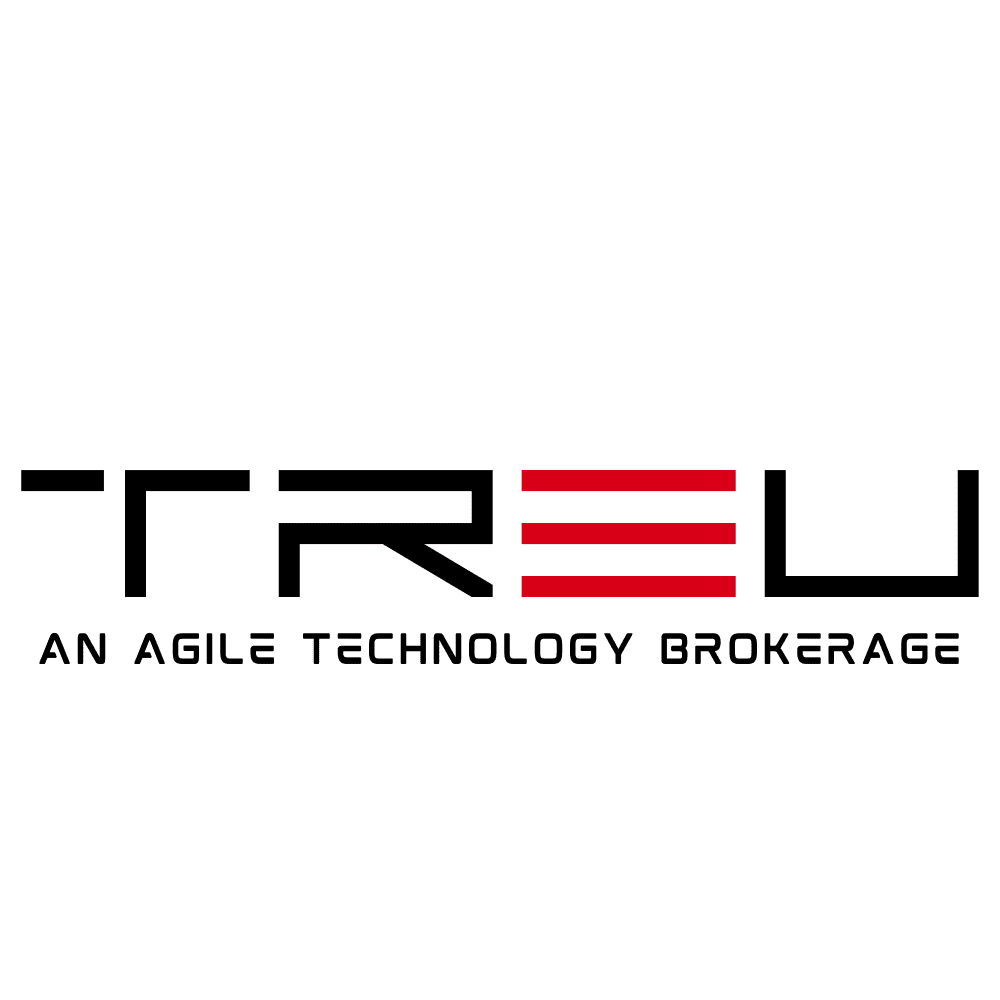Canadian Businesses Rapidly Adopting Agentic AI, KPMG Survey Finds
As the global race for digital transformation accelerates, Canadian organizations are stepping boldly into the future by embracing one of the most groundbreaking advancements in artificial intelligence: Agentic AI. According to a recent survey conducted by KPMG Canada, a growing number of Canadian enterprises are not only exploring but actively integrating agentic AI technologies to drive efficiency, innovation, and competitive differentiation.
What is Agentic AI?
Agentic AI refers to AI systems that can operate with a level of autonomy, making informed decisions and executing complex tasks without constant human oversight. These AI agents are capable of initiating actions, adapting strategies based on data inputs, and learning from environments to improve performance over time.
Unlike traditional AI models that provide supportive insights, agentic AI takes it a step further — it acts. These autonomous agents can perform actions aligned with business goals, ranging from customer service and logistics to supply chain optimization and software engineering operations.
KPMG Canada Survey Highlights
According to the KPMG poll released in April 2025, Canadian organizations are showing a significant shift in their perception and application of artificial intelligence. The study, which surveyed over 500 decision-makers and senior executives across industries, revealed several compelling trends:
- 43% of businesses reported they are already using or planning to adopt agentic AI technologies within the next 6–12 months.
- 60% of tech and financial services companies indicated they are more than halfway through their AI integration journey.
- 72% of executives agreed that agentic AI could substantially reduce operational costs while improving productivity.
- 54% of respondents highlighted that automating decision-making processes was a top driver behind their AI adoption.
The Driving Force Behind the Adoption
Why are Canadian businesses moving quickly toward adopting agentic AI? The survey data points to several key motivators:
1. Competitive Pressure
In a hyper-competitive market, being a technological first-mover is often a defining factor for success. Companies feel increasing pressure to innovate rapidly and respond to market changes with agility. Agentic AI provides the automation, precision, and intelligence required to stay ahead in fast-changing environments.
2. Operational Efficiency
Agentic AI enables organizations to streamline operations, reduce repetitive tasks, and minimize error margins through automated decision-making. From fraud detection in financial institutions to routing systems in logistics, these autonomous platforms free up human workers for more strategic and creative tasks.
3. Labor Gaps and Productivity Gains
With ongoing labor shortages in key sectors such as manufacturing, finance, and tech, agentic AI is increasingly being viewed as a solution to bridge workforce gaps. According to the KPMG survey, many organizations see agentic AI as a tool to increase output without proportionally increasing headcount.
Industry-Specific Adoption Trends
The willingness to implement agentic AI varies by industry, with some leading the charge more aggressively than others.
- Financial Services: The finance industry emerged as one of the most proactive adopters of agentic AI. Applications include automated investment advisors, fraud detection systems, and credit risk assessments.
- Technology: Tech companies are not only adopting but also developing agentic AI frameworks. These firms use AI agents to enhance software development, cybersecurity protocols, and user-personalized experiences.
- Manufacturing and Logistics: These sectors are using intelligent agents to manage supply chains, forecast demand, and coordinate equipment maintenance.
- Healthcare: Although more cautious due to regulatory implications, the healthcare sector is piloting agentic AI for patient engagement bots, diagnostics, and clinical data analysis.
Challenges and Ethical Considerations
While enthusiasm for agentic AI is high, the KPMG study also underscores several key challenges and considerations:
Governance and Oversight
Autonomous AI systems need rigorous governance frameworks to ensure they align with ethical, legal, and business standards. Organizations must create oversight structures that can audit and intervene if AI behavior deviates from intended goals.
Data Privacy and Security
With greater decision-making power placed in the hands of AI agents, data privacy and security become paramount. The survey showed that 68% of respondents remain concerned about the possibility of data breaches or misuse by AI systems.
Skill Gaps and Talent Development
The implementation of agentic AI requires specialized knowledge. Respondents identified a lack of skilled professionals as a roadblock to full-scale adoption. Companies are now investing in upskilling and reskilling initiatives to prepare their workforce for an AI-driven future.
Strategic Recommendations for Businesses
As more Canadian companies venture into agentic AI adoption, industry experts recommend a structured, phased approach:
- Start small, scale fast: Begin with pilot projects in areas that can yield measurable ROI.
- Engage cross-functional teams: Collaborate across departments, from IT to HR and legal, to ensure holistic AI implementation.
- Establish strong governance models: Implement ethical guidelines and monitoring mechanisms to supervise AI actions in real time.
- Invest in talent and training: Build internal capabilities through ongoing professional development and hiring specialized AI talent.
- Focus on transparency and trust: Ensure stakeholders understand how agentic AI decisions are made to foster trust and accountability.
The Road Ahead
The KPMG findings highlight a pivotal moment for Canadian enterprises. As agentic AI matures, its potential to revolutionize business operations becomes more evident. From cost savings and improved customer experiences to smarter decision-making, AI agents are poised to become integral digital coworkers in many industries.
However, the road is not without obstacles. Strategic foresight, ethical vigilance, and continuous innovation will be vital in navigating the complexities of autonomous technology adoption.
Still, one thing is clear — Canadian businesses are not merely spectators in the AI revolution. They are becoming active participants, leveraging agentic AI as a catalyst for operational transformation and long-term growth.
Conclusion
Agentic AI is more than a buzzword; it’s a technology frontier that promises to reshape the fabric of Canadian business. With early adoption led by sectors like finance and tech, and a majority of organizations signaling plans for implementation in the near future, the momentum is undeniable.
For companies still sitting on the sidelines, the message from KPMG’s survey is clear: agentic AI is not just a competitive advantage — it’s becoming a business imperative.
How are you thinking about Agentic AI?

